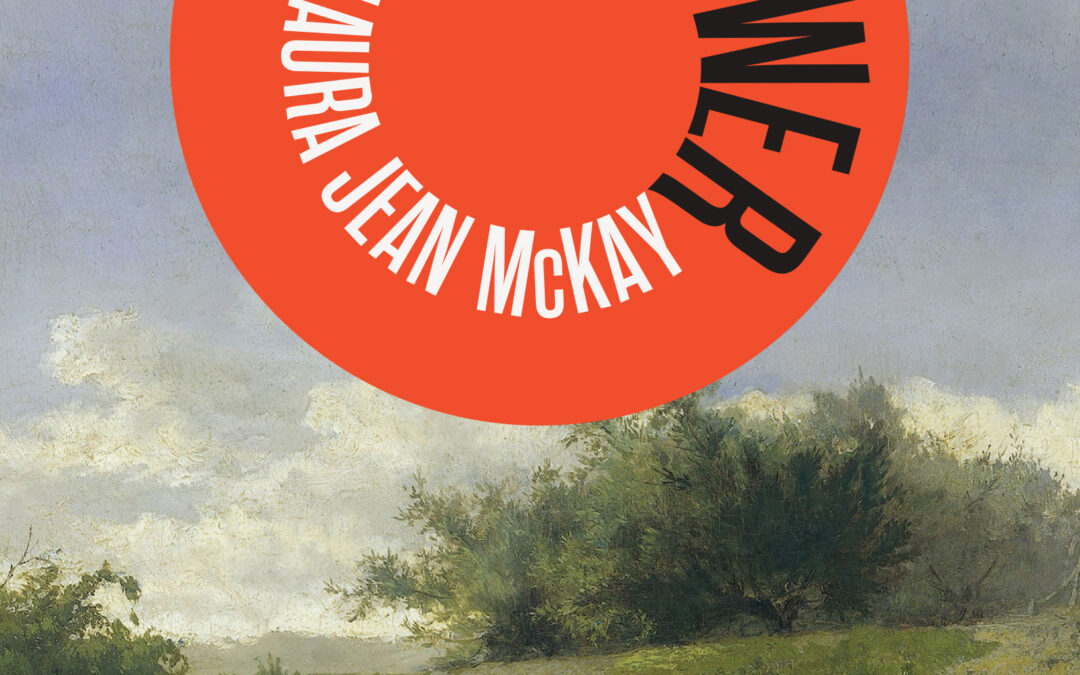Talented author Laura Jean McKay stunned and polarised readers with her award-winning debut novel The Animals in that Country, so there has been great anticipation for her debut short story collection, Gunflower (Scribe 2023).
These stories will bemuse, confuse, and ignite the reader with possibility but never disappoint. In most, McKay writes in the real world but then suddenly tears into that actuality to expose a wormhole into a parallel universe – it is realism, but with something obviously ‘off’. Some stories are set in a time or space quite different to our own, where (perhaps in homage to her previous novel), animals and humans merge or speak the same language. Some of the stories are so short (a page) and obscure that the reader is encouraged to re-read many times to parse McKay’s meaning. The tales are often not linear or traditional storytelling but each is exquisitely rendered with not a single word wasted.
Each story has a subtle message that may not be obvious upon a first reading … some will leave readers wondering or questioning McKay’s intention. In this way, this is skilled literary work that is not straightforward; the stories are easy to read but harder to decipher. McKay respects the reader’s intelligence and asks them to do some heavy lifting if they are to get out of each story what she has cunningly and cleverly hidden or put in place. Gunflower tiptoes through normality, exposing rents in the space/time continuum.
The title story is the name of an abortion ship, a vessel that sails through international waters in dangerous times, assisting women to achieve what is illegal on land. In another story, McKay writes of cat farmers. Her themes include medical issues/illnesses, loneliness, the dark of night, anthropomorphism, existentialism, being in the spotlight, work, relationships, climate change, social issues, politics and activism. One of my favourites is Less; I adore the first line: ‘Shannon had completely forgotten to have children, and it was so embarrassing.’ Another favourite is Getaways, a brief, darkly comic portrayal of a woman’s inner life. I also love the chilling finality of A Sensation of Whirling and a Loss of Balance. Territory is a bleak, gritty and visceral take on wild pig-hunting. I admire the poignancy of Twenty Twenty, and some of the other stories with a slightly dystopian feel. The fine line between dementia and weird realism is explored in The Two O’Clock. Some of the stories seem to be prompted by a random sign or sight or incident that McKay has closely but casually observed and then written into a wholly imagined situation, complete with characters and backstory.
The stories are loosely grouped into three sections: Birth, Life and Death, with each containing subject matter tangentially (or sometimes directly) related to that particular lifecycle stage. McKay is unafraid to tackle matters that are ugly, uncomfortable, shocking; subjects that ask the reader to question their own morality. She also writes ephemeral, gentle and tender stories that beg to be read again just for their beauty.
But whatever the varied content, each story is a complete and fully formed tale, executed with skill and care. Some leave the reader satisfied but most remain unresolved, a story that encourages the reader to wonder what came before the first line, and what happened after the last line. The very best kind of stories, that keep us thinking and are merely a springboard from which we jump into an endless pool of infinite possibility.

